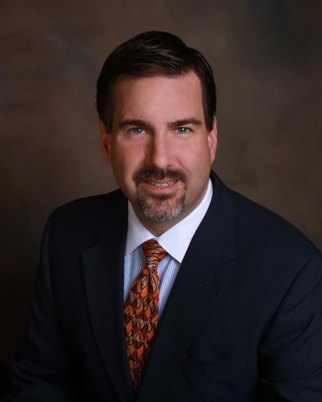It is perfectly legal and ethical to plan to protect assets from erosion due to nursing home costs, as long as the federal and state rules are followed. Although Florida’s rules are fairer than many states, the rules are so complicated as to almost require the counsel of an elder law attorney.
Strategies differ for a married couple and an unmarried nursing home resident. With a married couple, one spouse will reside in a nursing home (called the “institutional spouse”) and the other spouse will continue to reside in the residence (called the well spouse or the “community spouse”).
There are limits on what assets the couple is permitted to keep, called “exempt” assets, which includes a residence, car, burial plots, etc, together with a cash reserve of more than $96,000 this year. Although for some couples this amount may seem large, for most retired couples this amount is far less than their net worth. A spouse has a legal obligation of support even if it is a recent short-term marriage and even if they have “pre-nuptial” agreement. A single person’s cash reserve may be limited to only $2,000.All other assets are either “countable” assets, which disqualify the client from Medicaid nursing home benefits, or they are “unavailable” assets, which do not disqualify one from such benefits.
For example, “unavailable” assets such as a spousal IRA or Limited Partnership unit or certain annuity investments may be able to be kept, while still qualifying for Medicaid nursing care. It is not illegal to reposition a client’s assets for good investment planning, which may also lead to Medicaid qualification, again as long as the rules are followed.


No comments:
Post a Comment